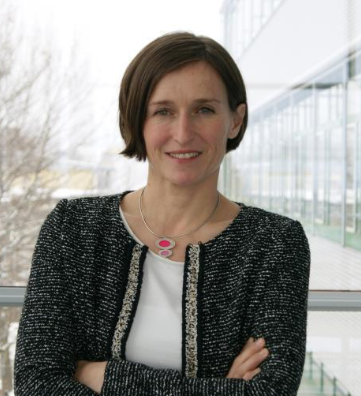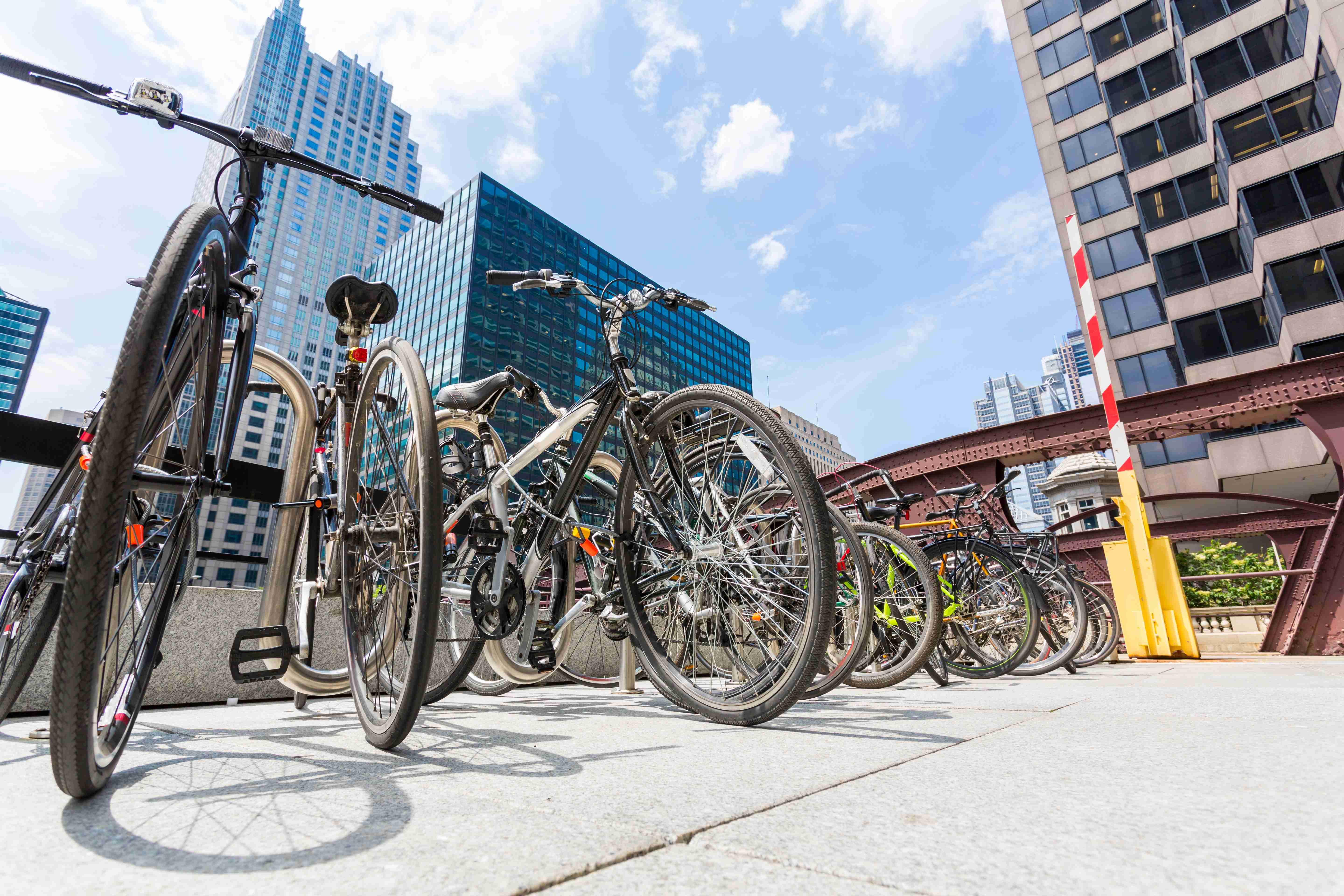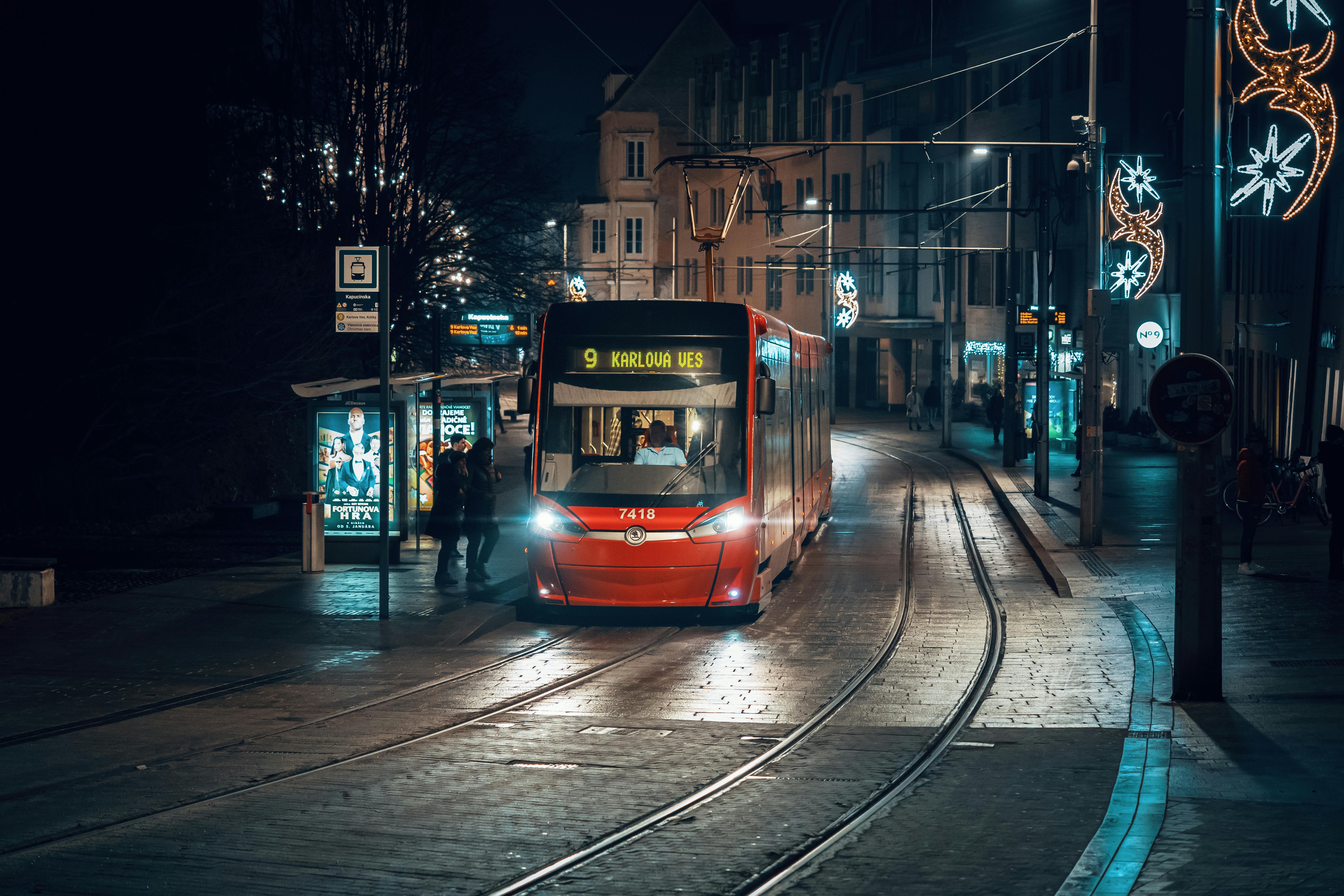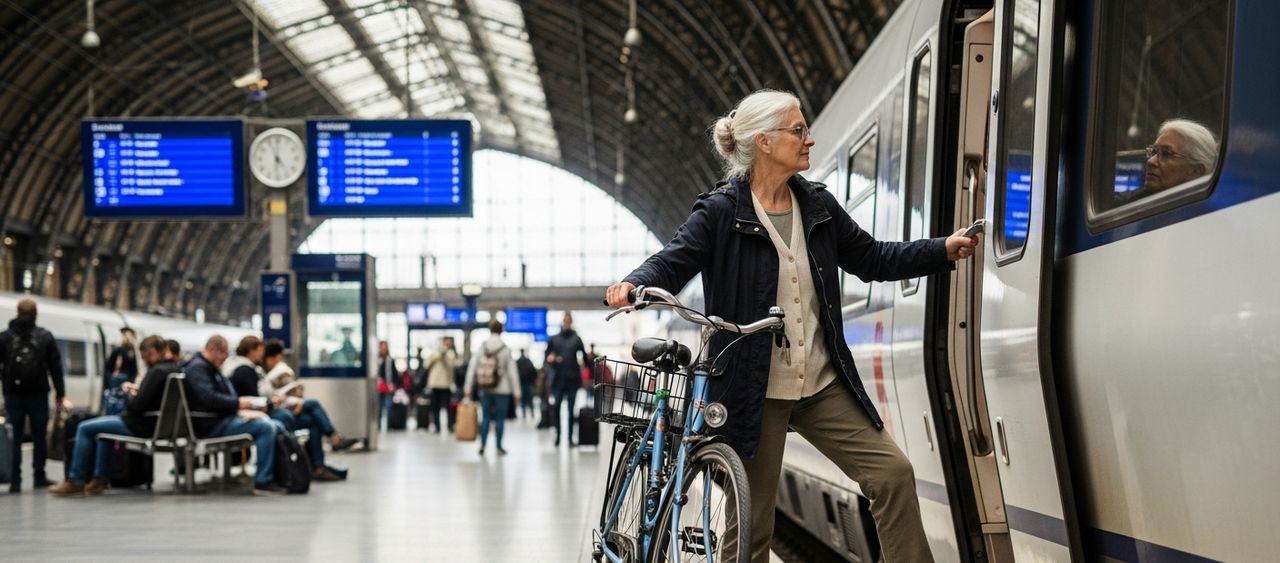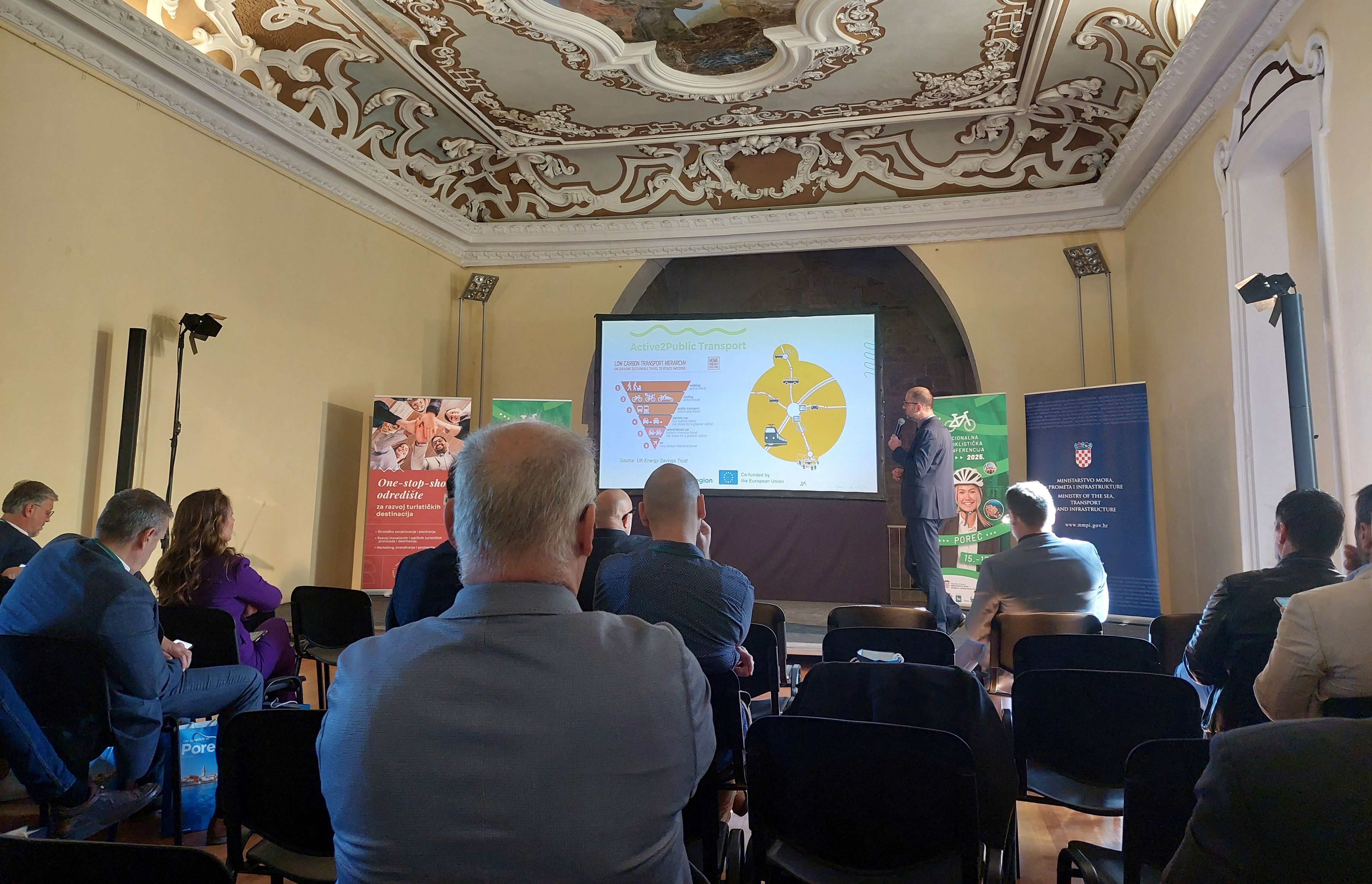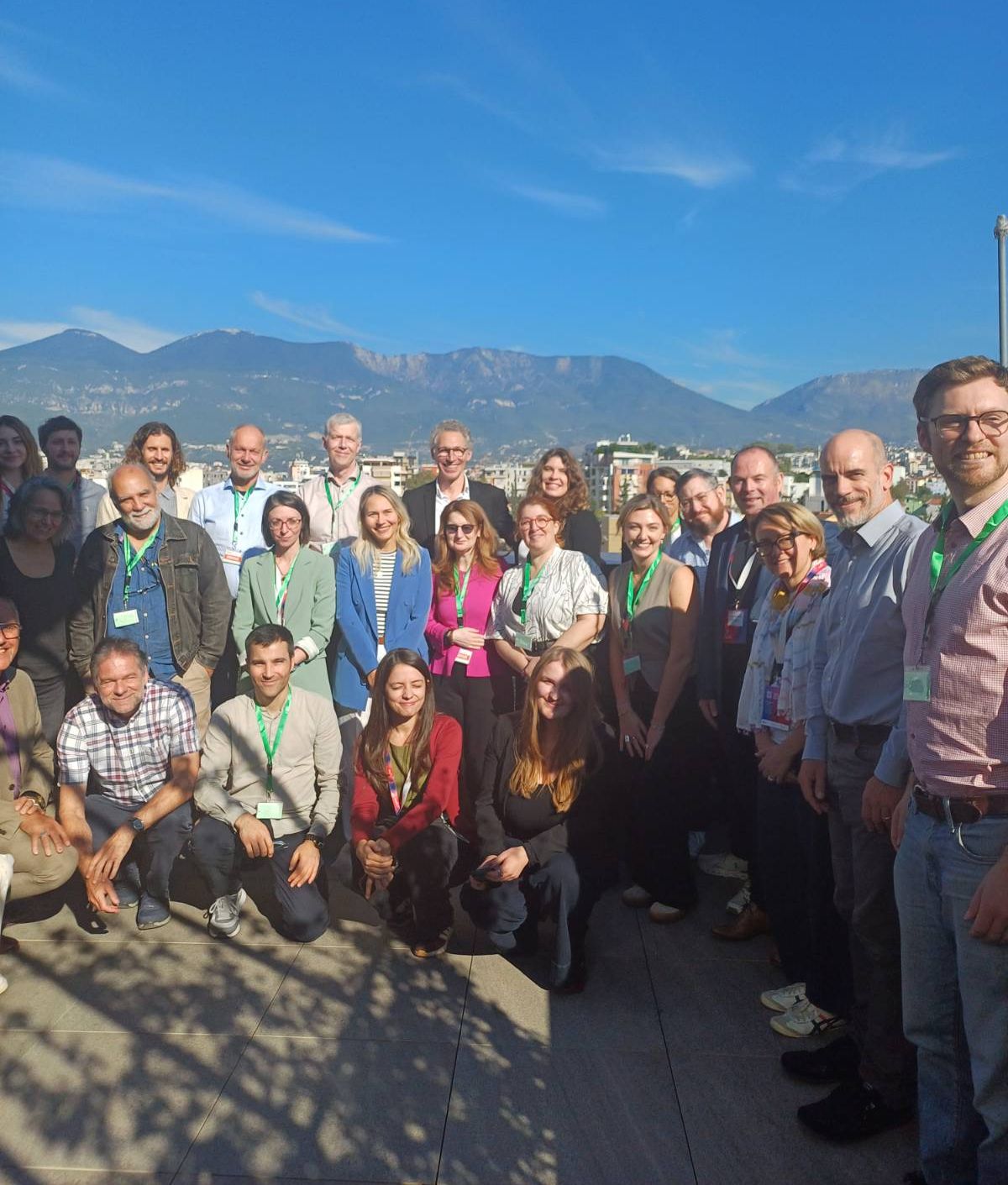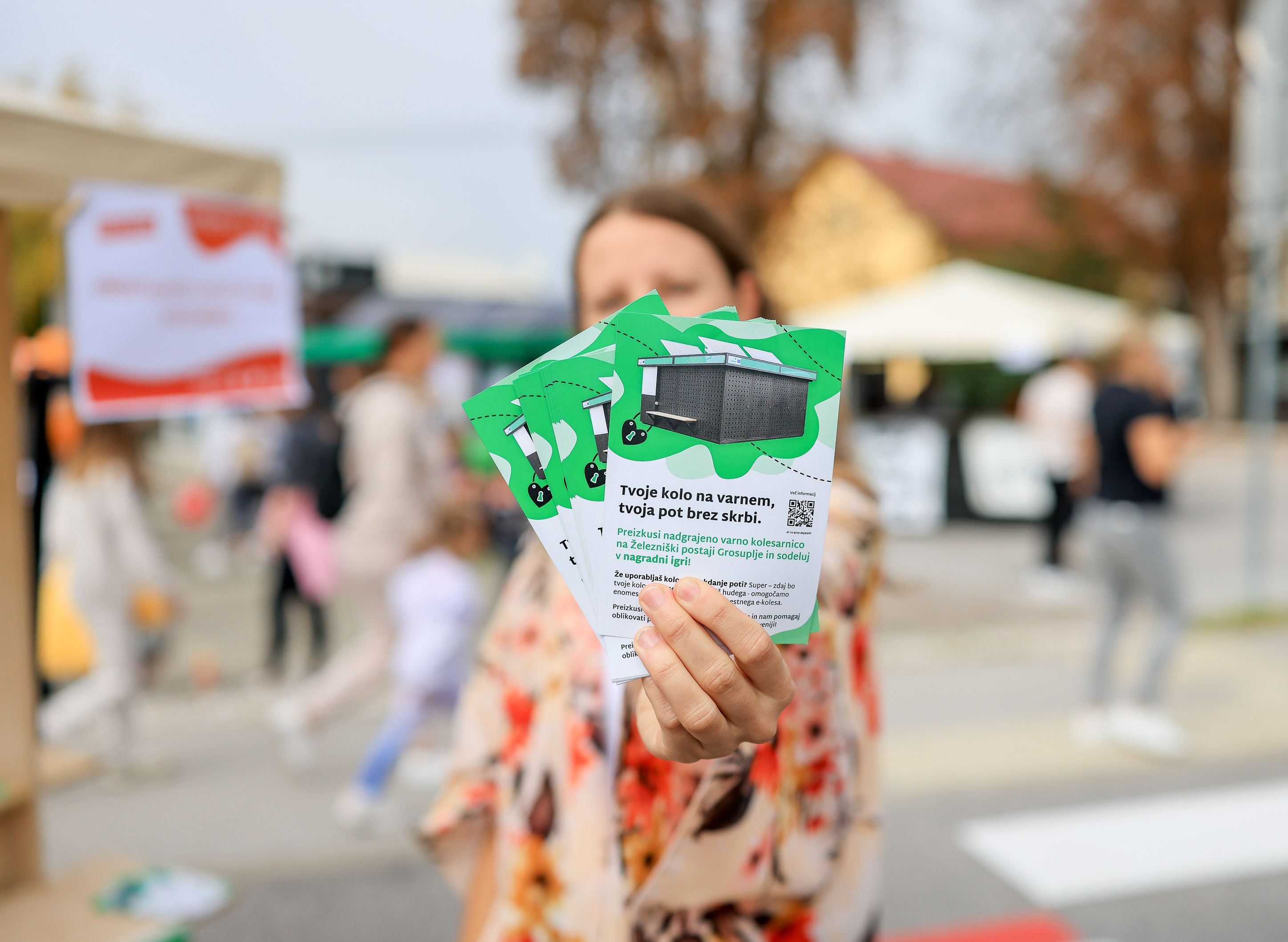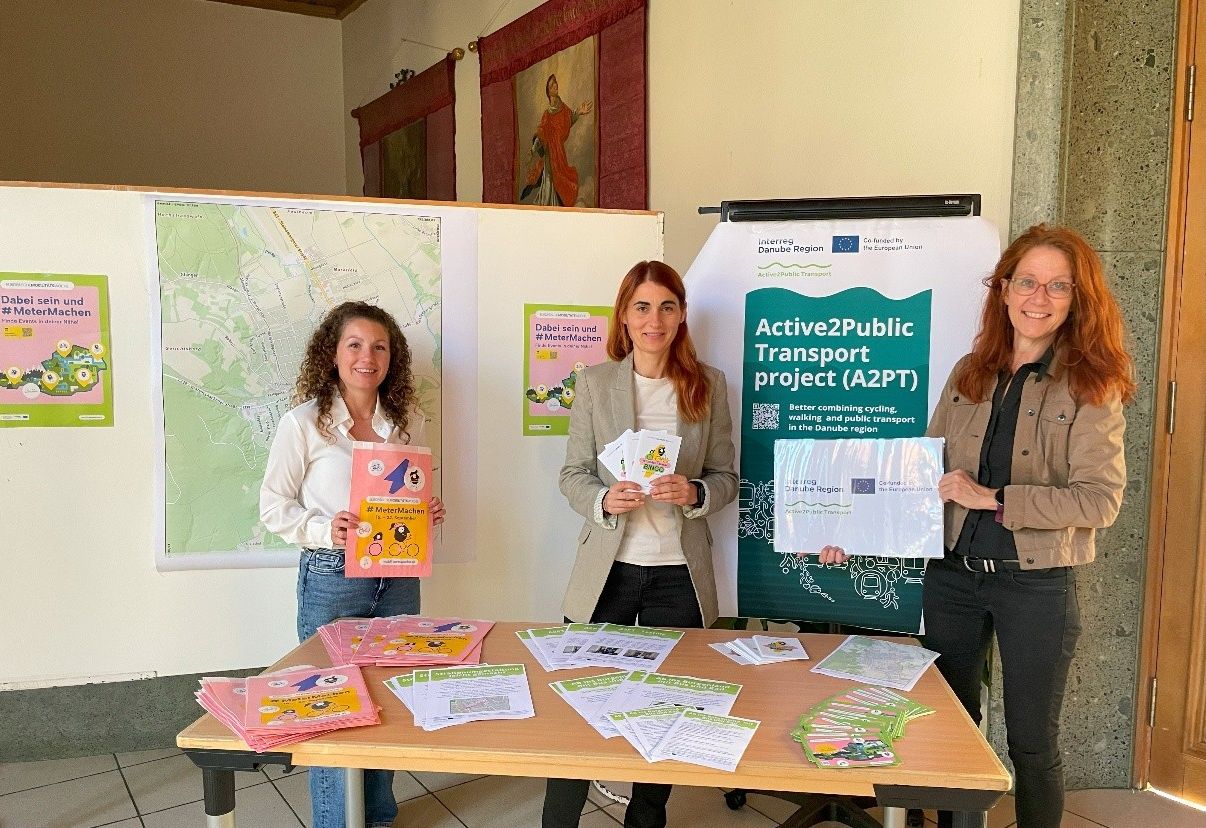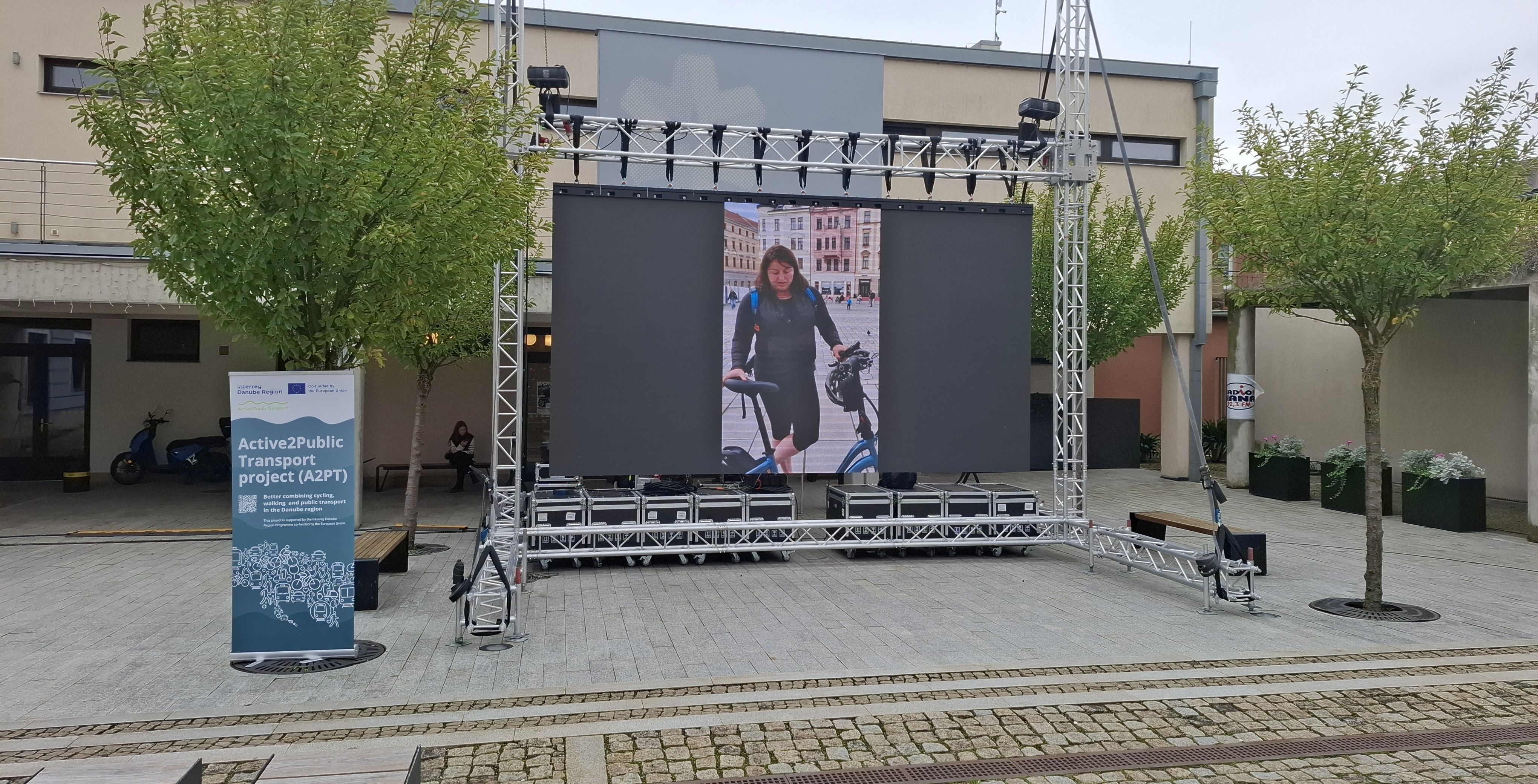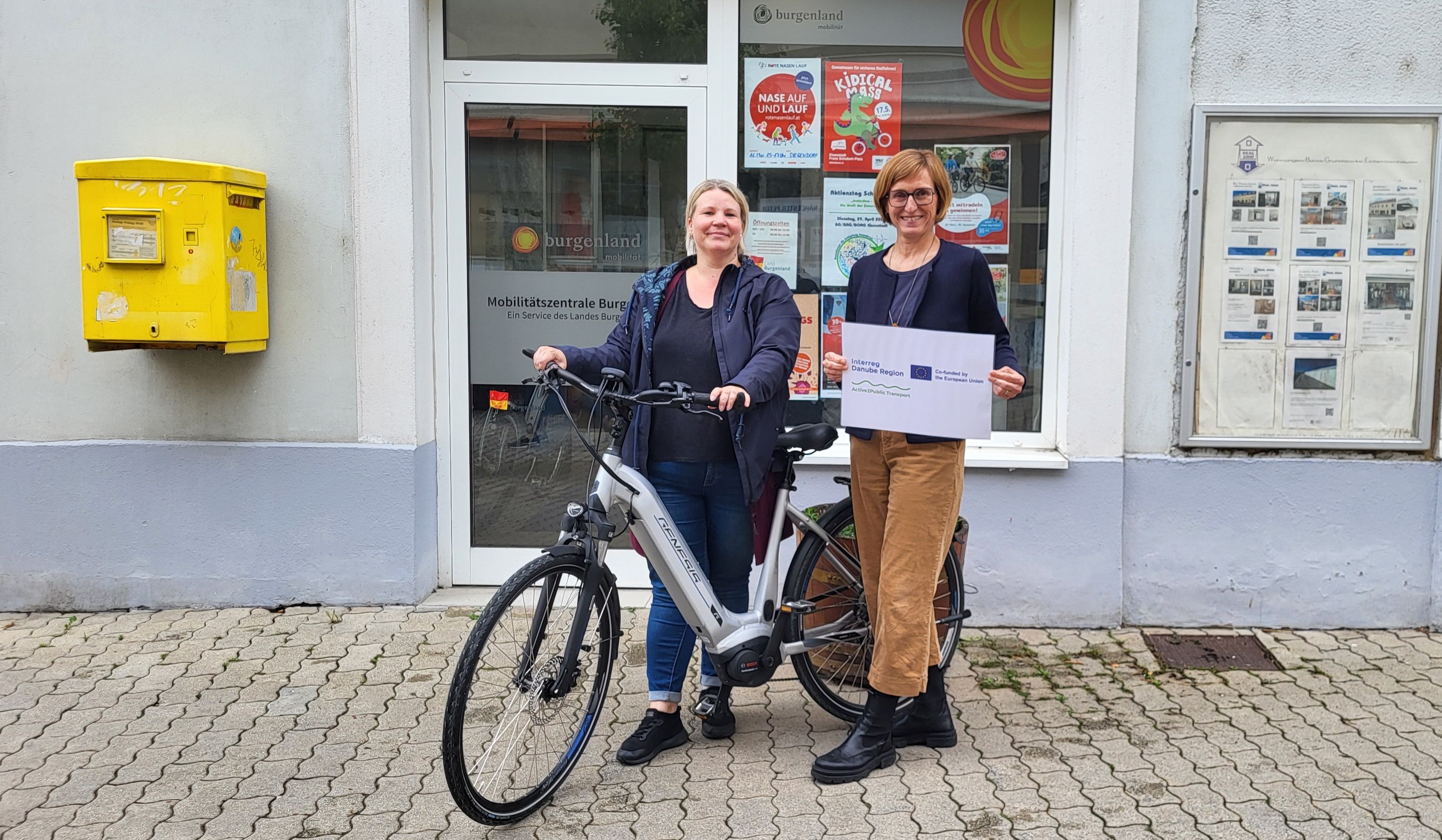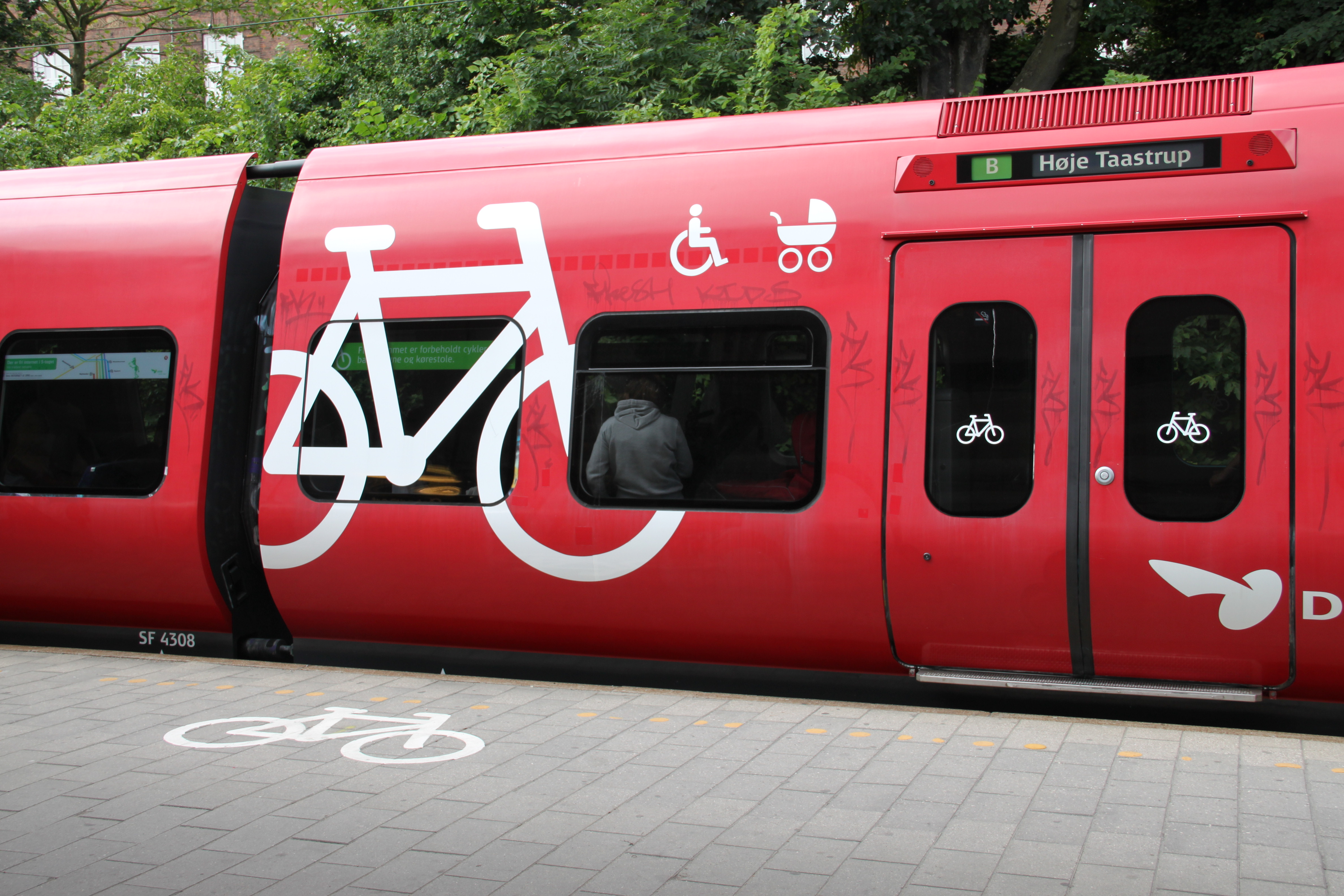
Velo-city 2024 in Ghent: Cyclists Love Trains – It’s Complicated!
Combining bikes and trains is one of the most sustainable travel options for leisure, tourism, and daily trips. Today, 80% of Europeans are ready to replace their flights with trains and walk or cycle for short-distance trips. Combining the two most energy-efficient modes of transportation—bicycle and train—provides the highest speed and flexibility compared to other options. Whether for commuting, moving around on weekends, or having a cycling holiday, the bike-train-bike mode is one of the most popular mobility solutions among Europeans.
The discussion about the combination of active and public transport was one of the sessions at the Velo-city conference, the annual world cycling summit organized by the European Cyclists' Federation (ECF). “The integration of bicycles and trains offers unparalleled opportunities for sustainable travel all over Europe. There are three main fields to focus on. The first is the safe and attractive access to the station, including the routing. The second is the situation at the station concerning bike parking, signage, and taking the bike on the train. Lastly, it is about awareness raising and providing information on how and why the combination of bikes and trains or buses is a major success factor for a climate-friendly mobility system. This is why we are happy about the Active2Public Transport project, which aims to work together with our strong partnership to come up with an online toolbox that can be transferred to other regions and cities in Europe,” said Christine Zopf-Renner, head of the Mobility Centre Burgenland - Business Agency Burgenland, which is a partner of the Active2Public Transport project.
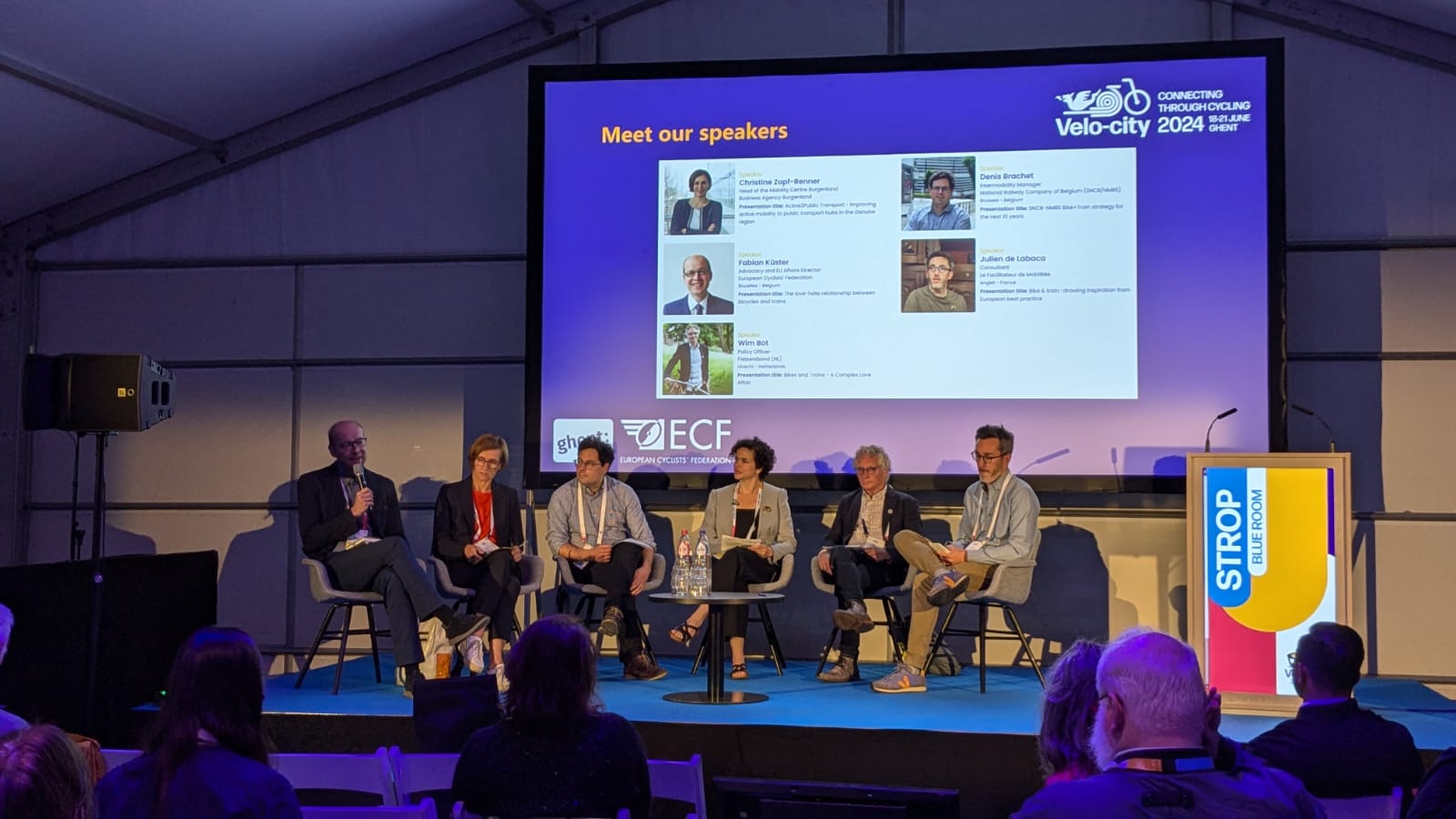
Velo-city 2024: Panel Discussion 'Cyclists Love Trains' © Verracon GmbH
While there have been noticeable advancements in bicycle transport, with the updated EU Rail Passengers’ Rights and Obligations Regulation formally adopted to clearly state that passengers are entitled to bring their bicycles on trains, access to stations and parking at railway stops remains insufficient. Another crucial issue is the interoperability of rail operators, where purchasing a ticket for a bicycle on international journeys remains complicated and sometimes impossible. The exchange of ideas and experiences highlighted the potential for enhancing intermodality and making cycling a central component of modern transportation systems.
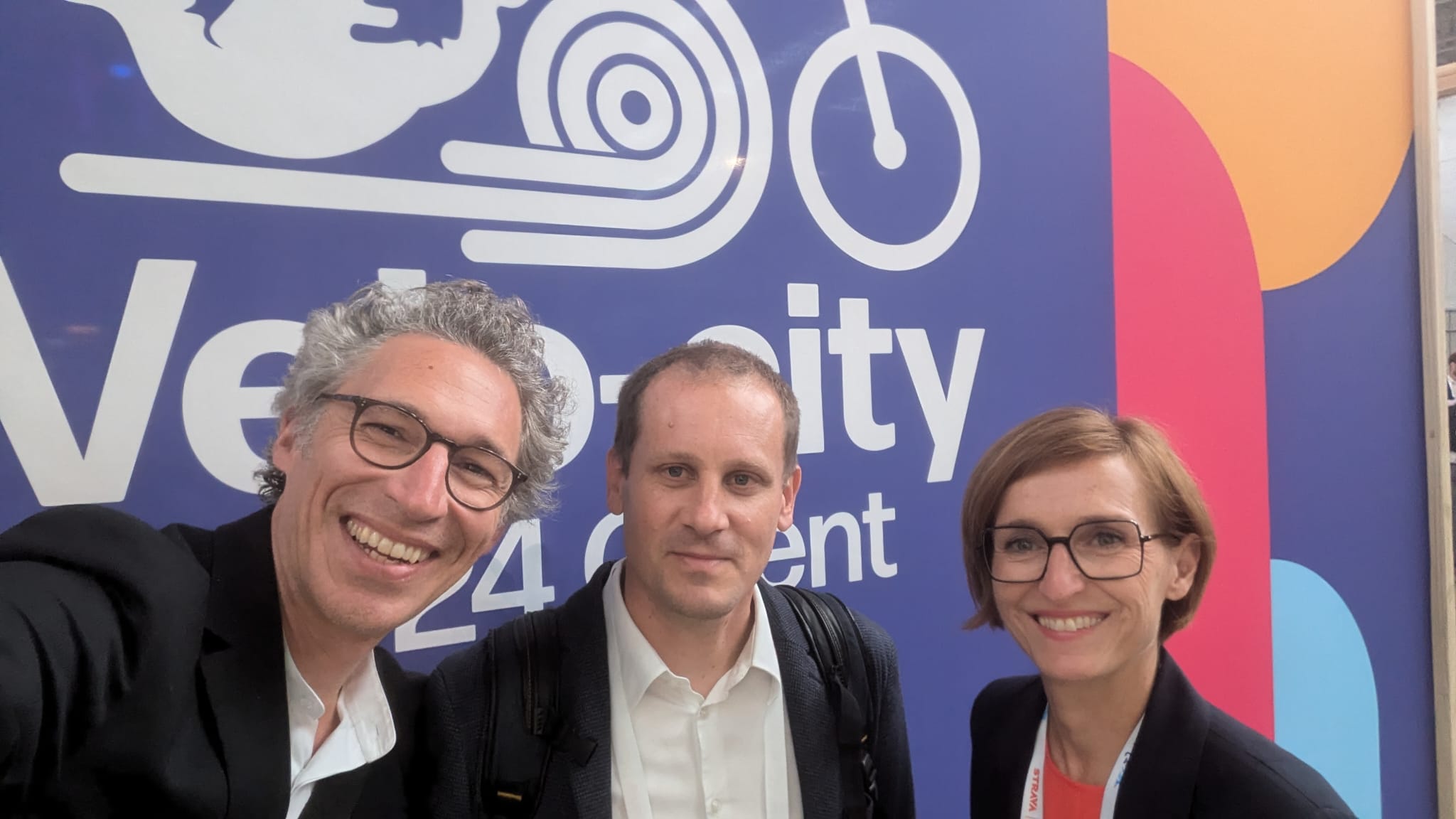
Active2Public Transport partners at Velo-city 2024. © Verracon GmbH
About Velo-City 2024
Velo-city is the yearly flagship event of the European Cyclists' Federation, co-organised with a different city each year. This year's annual world cycling summit is happening in Ghent from 18-21 June.
The conference offers a program with more than 400 speakers and over 80 sessions. It covers all aspects of cycling, from building an inclusive bicycle culture to cycle logistics, safe intersections, and better intermodality. Velo-city 2024 aims to foster discussions and collaborations that will propel cycling forward as a key element in sustainable urban mobility.
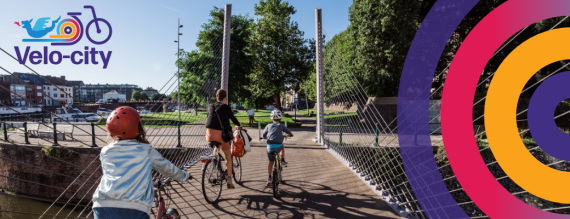
Who is Christine Zopf-Renner
Christine Zopf-Renner has been head of the Mobility Centre Burgenland since 2017. The Mobility Centre Burgenland is a service point for all questions about climate-friendly mobility in the region of Burgenland in Austria, operates a customer office in Eisenstadt for all kind of information about public transport and is a project partner in national and international projects on the subject of climate friendly mobility. Since 2018, Christine Zopf-Renner has also been the cycling coordinator for Burgenland. Before moving to Burgenland, Christine Zopf-Renner worked at the Austrian Energy Agency in Vienna in the department of mobility management.
News & Events
Read the most recent updates and explore the upcoming events.

